

As researchers, family historians, compilers, bloggers, or writers of other ilk, genealogists face legal and ethical perils they often do not anticipate. This crash course offers practical guidance to enhance your skills and keep you safe as you explore history, reconstruct lives, and “write up” your findings. While the issues are serious—from the legal issue of copyright to the ethical issue of plagiarism—the lessons are taught with a light heart and humor.

Already a member? Log in
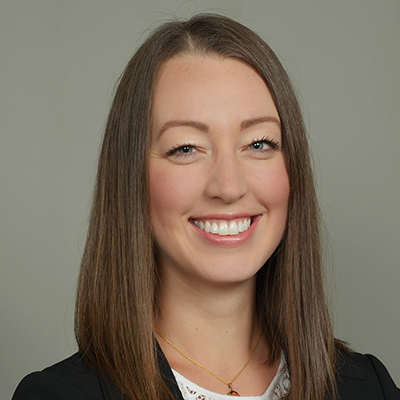
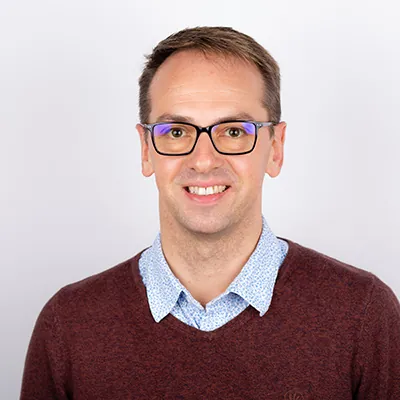
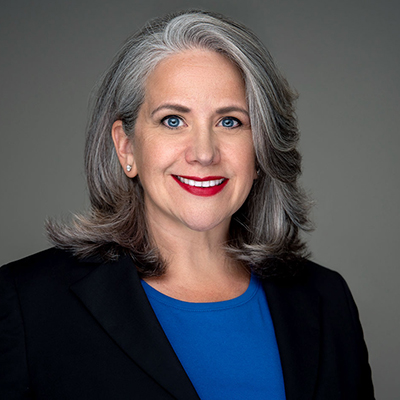
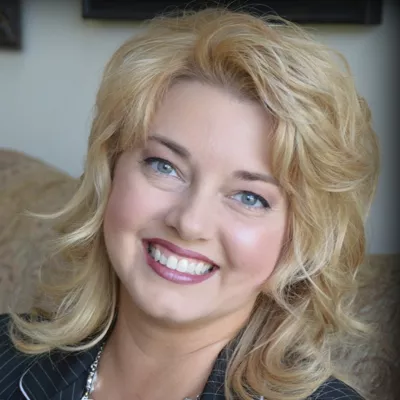
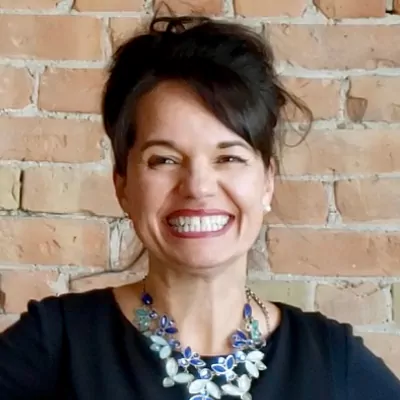
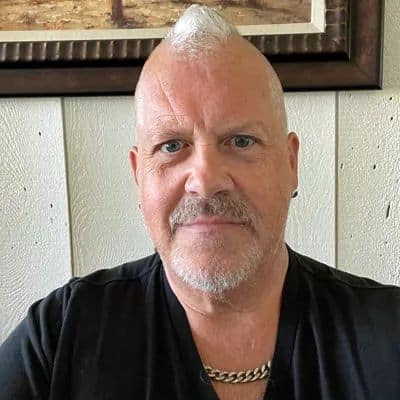
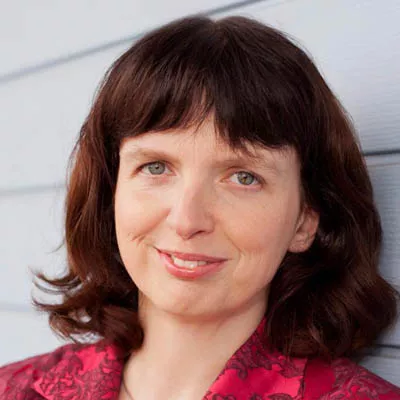
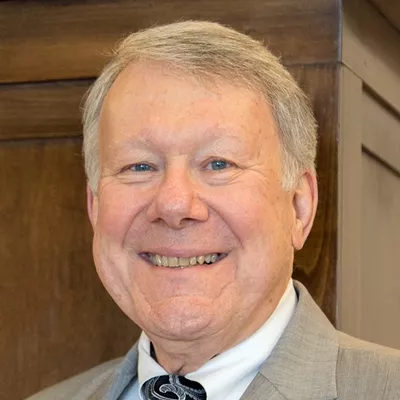

You should receive a confirmation email with a link to the webinar soon.
You’ll also receive a reminder both the day before and one hour before the webinar begins.
Didn’t receive a confirmation email?
You successfully registered for %s.
You should receive a confirmation email with a link to the webinar soon.
You’ll also receive a reminder both the day before and one hour before the webinar begins.
Didn’t receive a confirmation email?
To ensure a smooth, high-quality webinar experience, check the quality of your internet connection.
On the day of the webinar, connect 30–40 minutes before and turn off any background software. If you can’t tune in live, you can view the recording later in the Webinar Library. If joining via a mobile device, be sure to first install the free GoTo app.
Questions? Contact us or read our FAQ.
It looks like you’re already registered for this webinar
You can register for another webinar.
Didn’t receive a confirmation email?
It looks like you’re already registered for these webinars
You can register for another webinar.
Didn’t receive a confirmation email?
Something happened on our end, sorry about that
We were unable to complete your registration.
Please try again later.



 Syllabus
Syllabus
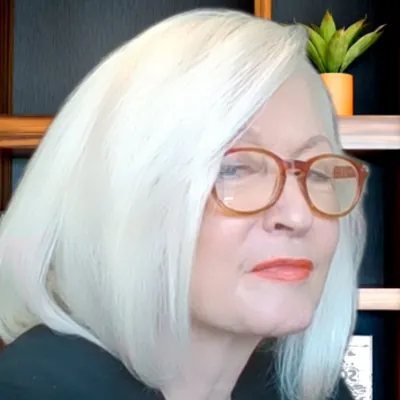
Thank you for this wonderful resource.
Thank you for the informative webinar. The link to your first reference is incorrect (Mills, Elizabeth Shown. “QuickLesson 15: PlagiarismFive ‘Copywrongs’ of Historical Writing.” Evidence Explained: Historical Analysis, Citation & Source Usage. https://www.evidenceexplained.com/content /quicklesson-15-plagiarism—five copywrongs-historical -writing : posted 6 January 2013.). The correct link is https://www.evidenceexplained.com/content/quicklesson-15-plagiarism%E2%80%94five-copywrongs-historical-writing. Thank you.
Gena, the citation in the syllabus is this: Mills, Elizabeth Shown. “QuickLesson 15: Plagiarism—
Five ‘Copywrongs’ of Historical Writing.” [italics] Evidence Explained: Historical Analysis, Citation & Source Usage [italics]. https://www.evidenceexplained.com/content/quicklesson-15-plagiarism—five copywrongs-historical-writing : posted 6 January 2013. It worked for me just now when I copy-pasted it into the Firefox browser.
Very informative and clearly presented
Absolutely fabulous as always! This is one that everyone should see!
Excellent as always
Excellent! I love ESM! She is so knowledgeable. It is an honor and a treat to learn from her. She has brought up many things I never considered or knew about. Thank you so much for this important information!
ESM is always a show stopper. You always learn something new.
Very timely for me because I’m working on a new edition of a family book because of new information discovered after I sent copies of the first book to relatives. I also edit my society’s bulletin and the website. I am very conscious of use of materials, but I learned there is more to that! When possible, I use my own photos.